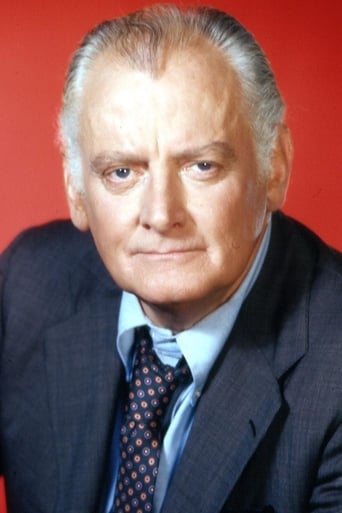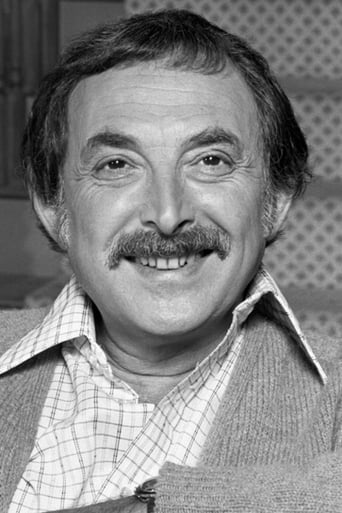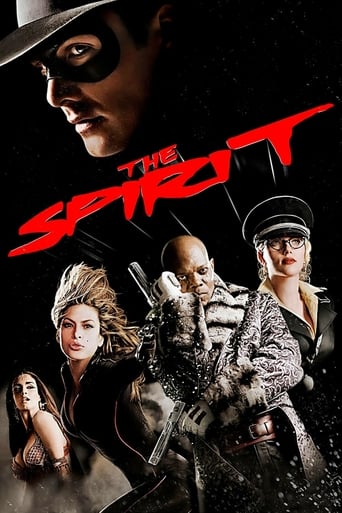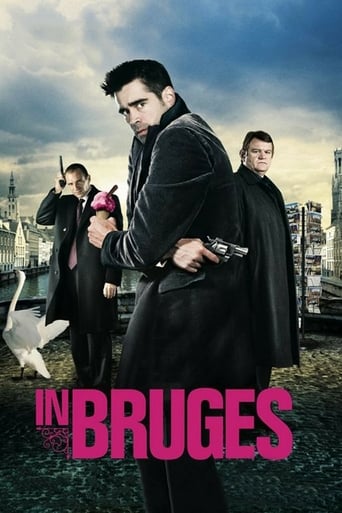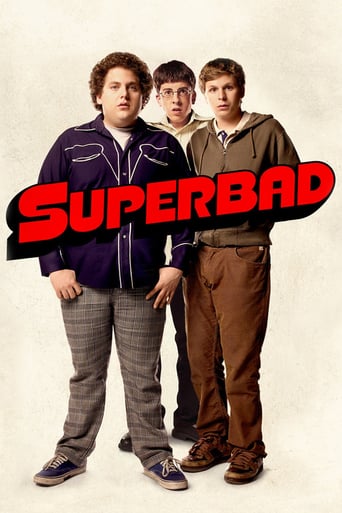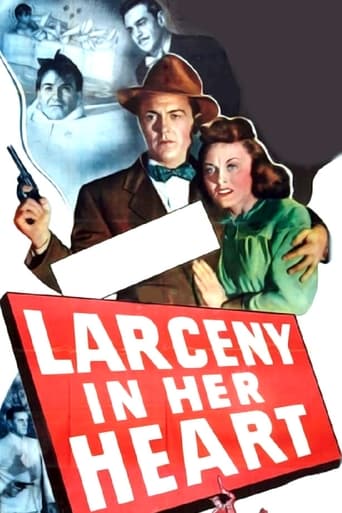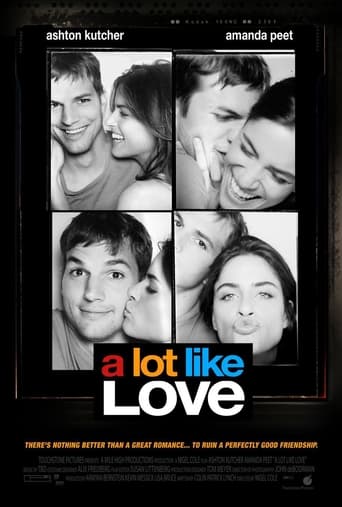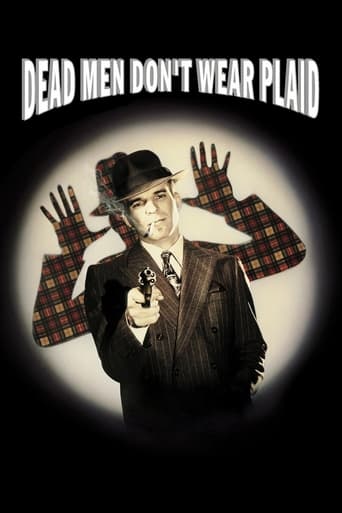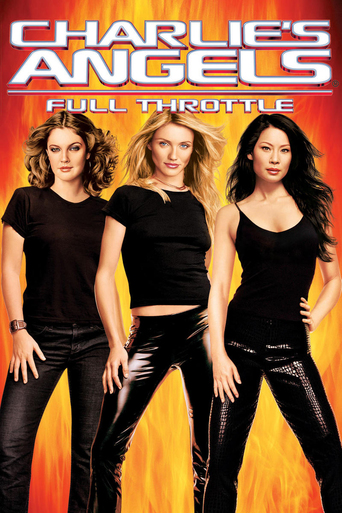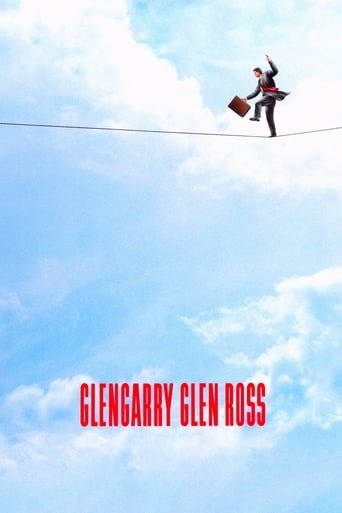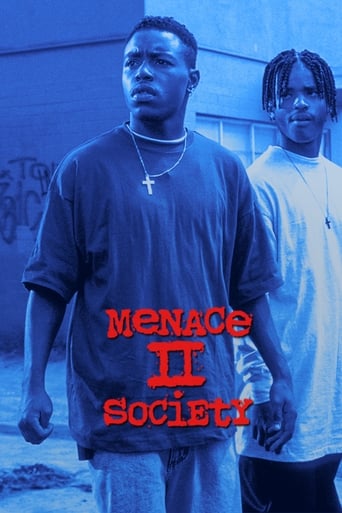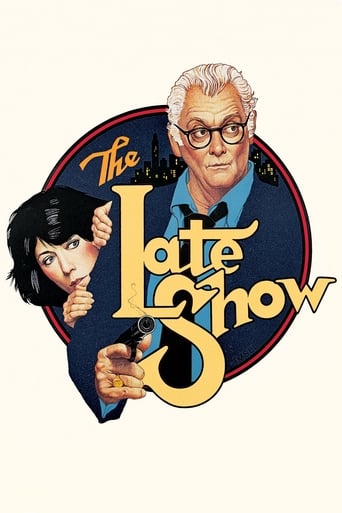
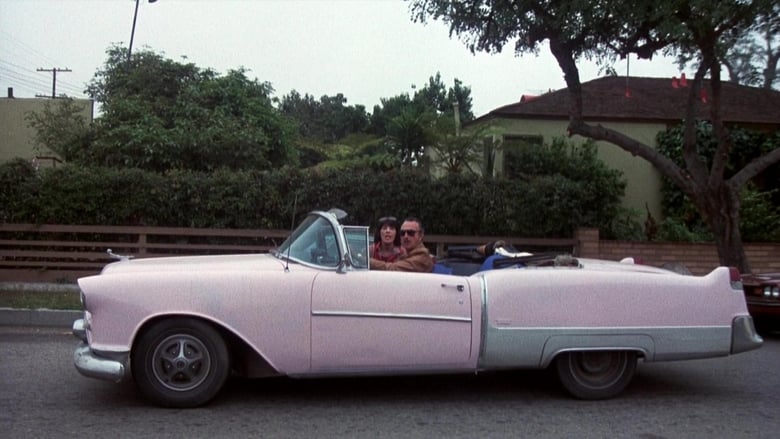
The Late Show (1977)
Over-the-hill gumshoe in Los Angeles seeks to avenge the killing of an old pal, another detective who had gotten himself involved in a case concerning a murdered broad, stolen stamps, a nickel-plated handgun, a cheating dolly, and a kidnapped pussycat.
Watch Trailer
Cast


Similar titles
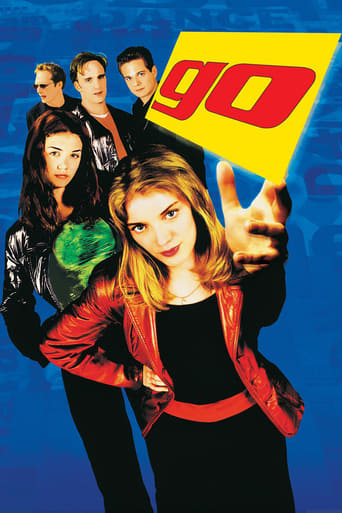
Reviews
I've never seen Art Carney in a bad movie. That might mean that he raises the bar of any film he's in, bringing out the best in his co-stars and supporting players. He's superb here as the aging private detective Ira Wells, called out on one last case involving a stolen cat before it turns into a noir styled murder mystery with body after body piling up.Actually, it's the murder of a former partner that opens the story a la "The Maltese Falcon", with a somber Wells determined to find out who the dirt bag was who offed his friend. I don't think I've ever seen a name actor like Duff dispatched so quickly after making his entrance in a picture; he was probably on screen for about two minutes. Nice work if you can get it, I guess.Had Harry Regan (Duff) survived, it would have been interesting to see how Wells would have dealt with him after discovering he was part of an extortion racket, trying to cut himself in on some big time action with that slimy creep Birdwell (Eugene Roche). The story gets more and more convoluted in the telling, with Birdwell's philandering wife (Joanna Cassidy), a hood named Escobar we only get to see by way of an open refrigerator door, and the whereabouts of a gun owned by Laura Birdwell used in the murder of her lover's wife. It occurred to me that the story could have been even more confusing if some of these characters actually showed up.As good as Art Carney was here, what really made the picture for me was all the understated humor running throughout with Lily Tomlin's neurotic take on her character Margo Sterling, and Eugene Roche's hilarious offers of ridiculous merchandise to whoever he was trying to bribe at the time. Working this movie with a straight face was probably a tough job for the actors involved, but they pulled it off admirably.A couple of minor observations - didn't it look like someone else on Ira Wells' California Private Detective ID card? And how about that long, slow focus shot on a photo of Lou Costello in the restaurant? I wonder what that was about. Oh yeah, and Winston the Cat was recovered without any fanfare, not even enough to merit a credit in the cast list.
The Late Show is a murder mystery, a comedy, and a sort of romantic relationship that is so entertaining and real that you don't even mind that you can't follow the plot. The film was directed by Robert Benton who received an Oscar nomination for best screenplay and stars Art Carney ("Harry and Tonto") and Lily Tomin, (nominated for a Golden Globe for Best Actress) in two terrific performances.In the film, a takeoff on 40s film noir, Ira Wells (Carney) is a sixty-something washed up private eye with a bum leg and a perforated ulcer and his client Margo Stirling (Lily Tomlin) is a slightly wacky but charming woman (also irritating), fluent in seventies enlightenment lingo. Together they team up to look for the creep that killed Ira's best friend Harry Regan (Howard Duff). And not so quiet flows the blood as well as the laughs as they unravel a convoluted plot that requires a PhD minimum to understand. The blood is there to remind us that it is serious business. Otherwise, we would never know. It's such great fun.
Art Carney is cantankerous Ira Wells, an atypical private detective. Not only does he limp, but he also wears a hearing aid and owns a bleeding ulcer. His takes the local buses to get around, and rents space in a boarding house at $42.50 per month. But Ira, who has wisdom and knows the tricks of the trade, is tough when he has to be. His old time friend, Harry Regan (Howard Duff), has just been shot to death. Says Wells: "Sorry you're going off, pal. You've been real good company." There are stolen stamps. As there is a connection with Harry's death, Wells takes the job offer of wacky Margo (Lily Tomlin) to locate her missing cat Winston, who has been abducted by a bad guy. The complex mystery deepens, and there is adultery and murder; a shady fence surfaces. There is even an exciting car chase. Ira and Margo, who are on opposite ends of the spectrum, eventually become loose-partners. Will our heroes be able to fill in all of the missing pieces? Will Ira even manage to stay alive by movie's end? One gets the impression that Ira would rather go out that way than wind up in a nursing home.This movie, a throwback to the detective genre of the 1940s, tends more to the dramatic than the comedic. The acting is fine throughout. The chemistry of Art Carney and Lily Tomlim ("on the edge of weird") is splendid for the silver screen. Although the production is hardly expensive, Robert Benton's screenplay is first-class. And all loose ends are tied by movie's end. This feature is worth seeing.
I love this bittersweet story. I agree with other commentators that plot is not what drives this tale forward: it reaches a point where it's not longer important who did what to whom and why. What is important are the character portrayals, which are handled deftly by Art Carney, as aging private eye Ira Wells, and by a ditsy but lovable flower-child leftover played by Lily Tomlin. The supporting cast members are excellent.The other thing this little film has is atmosphere, in spades. It's 1970s L.A., with echoes of 1940s Raymond Chandler L.A. And director Benton makes good use of certain small iconic bits like the vast mountain of burial vaults, in the cemetery where we first meet the three principal characters, and the static last shot of an L.A. bus stop bench with Boris Karlof's Frankenstein face advertising the Hollywood wax museum.And finally: the title theme is a hauntingly moody torch song ("What Was is Just What Was"), which ought to be a jazz standard--right up there with "Laura." I love this movie and watch it once every few years, ideally late at night with a drink in hand.


